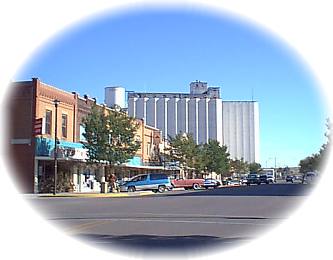
The fears, the passions, and the distinctive speech of the Western Nebraska homesteader come alive in the writings of Mari Sandoz.
She was born on her father's homestead on the Niobrara River in northwestern Nebraska, May 11, 1896. A natural storyteller with an intense desire to write, she grew up under the harsh conditions of the frontier in the isolation of the Sand Hills, and these were ever the influences, and usually the subjects of her writing for all of her life.
The people and the land come to life in lyrical passages that sometimes appear unexpectedly in an otherwise reportorial style. Her sly humor sometimes satirizes society, pointing to awareness of human vices that threaten the environment and the welfare of people.
The best known work is Old Jules, the biography of her father as homestead locator, horticulturist, and participant in the range wars between cattlemen and grangers. Others in the often referred to Great Plains Series are the Beaver Men, the story of the early fur traders and Plains Indians, and continues with the Buffalo Hunters, detailing the destruction of the bison on the plains. Next The Cattlemen traces the coming of cattle to the plains and the struggle between cattlemen and farmers.
Her writing champions the worth of the Native American, the need for just laws, and concerns for the rights of the poor and dispossessed and those who face discrimination. Two books about American Indians - Cheyenne Autumn and Crazy Horse, -- published long before Americans were ready to listen, give her impassioned account of the near destruction of the culture of the Plains Indian Tribes.
